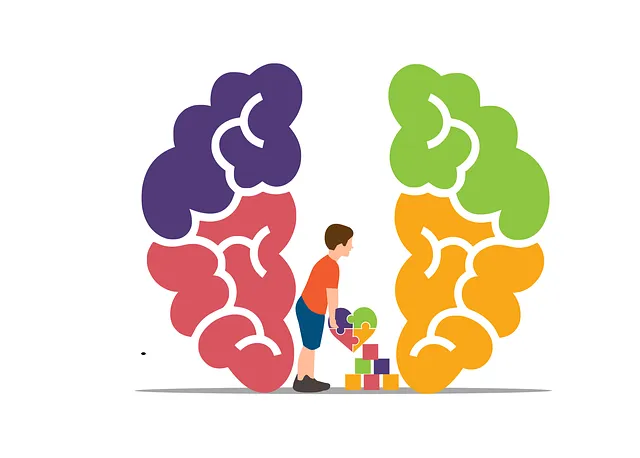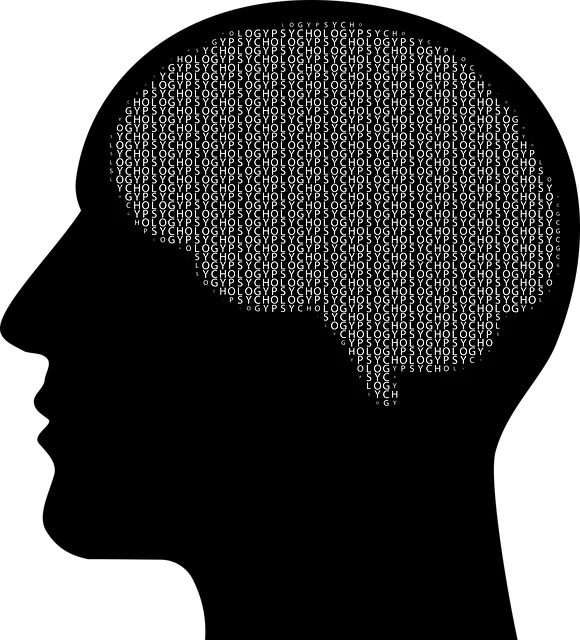The Lafayette Kaiser Permanente mental health center, through its owner's innovative approach, offers personalized mental wellness coaching programs that combine traditional therapy with tailored support. This holistic model, emphasizing evidence-based practices and continuous improvement, addresses unique individual needs, enhances emotional resilience, and fosters long-term recovery. Community engagement initiatives, like Healthcare Provider Cultural Competency Training, further promote an inclusive ecosystem for better mental health outcomes.
In today’s fast-paced world, mental wellness coaching programs have become essential tools for fostering resilience and promoting overall well-being. This article explores the development of customized mental health support, drawing insights from the innovative model at the Lafayette Kaiser Permanente Mental Health Center. We delve into key components making an effective coaching program, implementation strategies, and continuous improvement techniques. By examining this unique approach, we aim to empower professionals in creating tailored interventions for better mental wellness outcomes by owner.
- Understanding the Need for Customized Mental Wellness Programs
- The Lafayette Kaiser Permanente Mental Health Center Model
- Key Components of an Effective Coaching Program
- Implementation and Continuous Improvement Strategies
Understanding the Need for Customized Mental Wellness Programs

In today’s fast-paced world, mental wellness is a cornerstone of overall health and well-being. However, one-size-fits-all approaches often fail to address the unique needs and challenges faced by individuals. This is where customized mental wellness coaching programs step in, playing a pivotal role in fostering emotional resilience and enhancing quality of life. The Lafayette Kaiser Permanente mental health center by owner exemplifies this personalized approach, recognizing that every person’s journey towards mental well-being is distinct.
By tailoring interventions to individual needs, these programs incorporate effective communication strategies, facilitate emotional regulation skills, and teach stress reduction methods. This individualized focus not only ensures more effective support but also fosters a deeper sense of understanding and empowerment among participants. Ultimately, customized coaching allows for a holistic approach that addresses not just symptoms but the underlying factors contributing to mental health concerns.
The Lafayette Kaiser Permanente Mental Health Center Model

The Lafayette Kaiser Permanente Mental Health Center Model stands as a beacon of innovative healthcare practices, showcasing how a dedicated mental wellness coaching program can transform lives. As a pioneering initiative by its owner, this center emphasizes holistic care, integrating traditional therapy with personalized coaching to address the unique needs of each individual. By combining evidence-based treatments with tailored support, the Lafayette Kaiser Permanente model prioritizes patient well-being and fosters long-term recovery.
This approach extends beyond the clinical setting through a robust Community Outreach Program Implementation. The center actively engages community members, focusing on areas such as Healthcare Provider Cultural Competency Training to ensure inclusive and effective services. By embracing this comprehensive strategy, Lafayette Kaiser Permanente Mental Health Center not only provides anxiety relief but also cultivates a supportive ecosystem that promotes mental wellness throughout the community.
Key Components of an Effective Coaching Program

An effective mental wellness coaching program, such as those offered at the Lafayette Kaiser Permanente mental health center by its owner, should incorporate several key components to ensure positive outcomes for participants. Firstly, a structured curriculum tailored to individual needs is essential. This includes a comprehensive assessment process that identifies specific challenges and goals, allowing coaches to design personalized sessions focused on coping skills development. The program should also emphasize evidence-based practices, ensuring that strategies are effective and backed by research.
Additionally, fostering a supportive and non-judgmental environment is vital for building trust and encouraging open communication. Regular feedback mechanisms and progress tracking enable coaches to adapt their approach, ensuring continuous improvement. Community outreach programs implementation can further enhance accessibility and impact, connecting more individuals with the resources they need. This holistic approach, combining personalized coaching, evidence-based methods, and community engagement, sets the foundation for successful mental wellness initiatives.
Implementation and Continuous Improvement Strategies

At the Lafayette Kaiser Permanente mental health center by owner, continuous improvement is a cornerstone of our coaching programs. We implement strategic initiatives based on feedback from both clients and coaches, ensuring that our services remain relevant and effective in addressing evolving mental wellness needs. Regular workshops and training sessions equip our coaches with the latest techniques, including Conflict Resolution Techniques and Social Skills Training, to better support individuals in managing their moods and enhancing interpersonal relationships.
Through a data-driven approach, we track key performance indicators (KPIs) and client outcomes, allowing us to identify areas for refinement. This continuous cycle of assessment, implementation, and evaluation fosters a dynamic learning environment that promotes mental wellness. By embracing innovation and adaptability, the Lafayette Kaiser Permanente mental health center by owner remains committed to delivering exceptional coaching programs tailored to individual needs.
Mental wellness coaching programs, as exemplified by the Lafayette Kaiser Permanente Mental Health Center’s innovative model, play a pivotal role in fostering personalized support. By integrating key components such as individualized assessments, evidence-based techniques, and continuous improvement strategies, these programs can significantly enhance mental health outcomes. As highlighted by this case study, a by-owner approach ensures tailored interventions, ultimately leading to improved well-being and resilience among participants. Embracing these strategies can revolutionize mental health support in various settings, making access to effective coaching more widespread and impactful.






